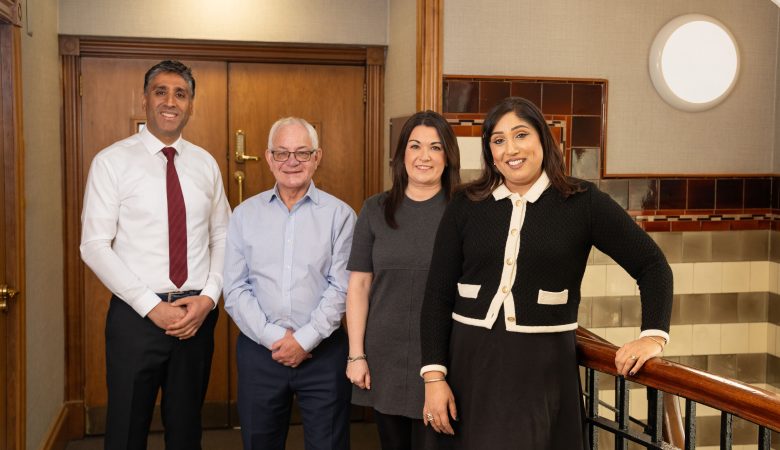Seasoned entrepreneur Arif Efendi has a proven track record of effective business leadership and leveraging the latest technologies to streamline operations and make businesses more productive and sustainable. This article will look at the hospitality industry, a sector that has been revolutionised by recent technological advancements, helping businesses to grow and boost their bottom line.
According to a recent report from Accenture, AI is on course to double annual economic growth rates by 2035. Meanwhile, PwC estimates that AI could potentially drive a $15.7 trillion increase in the global economy by 2030. Needless to say, artificial intelligence is already having a game changing impact on every industry as well as society, transforming lives all over the world.
Despite all of this positive growth in AI, there are concerns, particularly in terms of job displacement. A report from The Organization for Economic Cooperation and Development deems 14% of jobs across 21 countries to be “at high risk of automation”. In addition, a separate study by McKinsey Global Institute predicts that up to 800 million jobs could potentially be replaced by automation by 2030. Nevertheless, the report also highlights the vast potential for AI to generate a flurry of new roles, freeing up human employees by automating mundane tasks to enable their time to be spent more productively.
Surveying 400 hotel guests for its 2024 State of Hotel Guest Technology Report, Hotel Tech Report uncovered some interesting data regarding guest perceptions of the use of AI in hotels. Despite their poor reputation, 70% of hotel guests agreed that chatbots were helpful for simple enquiries. In terms of requesting WiFi passwords, scheduling wake-up calls and checking hotel operating hours, most guests would rather interact with the chatbot, the report suggests, although guests did show a preference for human interaction when it came to complex requests.
AI poses significant scope to improve hotel operations by automating manual repetitive tasks such as check-in and booking processes, freeing up staff to provide guests with a more personalised service. AI presents vast potential to enhance customer experiences through the implementation of virtual assistants to answer guests’ questions, assist them with booking reservations and making recommendations. In addition, innovations like sensors to monitor and control lighting, security and temperature can also help improve housekeeping and maintenance. Meanwhile, in terms of revenue management, data analysis and predictive modelling can be used to optimise pricing, presenting scope for hotels to drastically enhance their occupancy rates and profitability.
At the core of the impact of artificial intelligence on the hospitality sector is its ability to personalise guest experiences, transforming service models across a range of different hotel categories. According to Deloitte’s European Hospitality Industry Conference survey, more than half of customers anticipate that generative AI will be used for customer interactions.
At the luxury end of the hospitality spectrum, AI is increasingly being leveraged to enhance human interaction rather than replacing it completely. One example is the rise in hotels where the role of receptionist has been transformed to “experience officer”, with AI implemented to automate routine check-in tasks, freeing up members of staff to focus on personalisation and guest engagement. At the other end of the scale, budget hotels are increasingly turning to AI for functional efficiency, helping them to deliver essential guest services.
Once heavily dependent on traditional methods of operational management and guest service, the hospitality industry is currently experiencing a technological revolution. While use of AI in hospitality is still in its relative infancy, it is exciting to consider the scope of AI to fundamentally transform and enhance guest experiences. Continual advancements in AI are not only reshaping, but effectively reinventing how hotels interact with their guests, facilitating the streamlining of operations and a reimagination of the future of travel.





